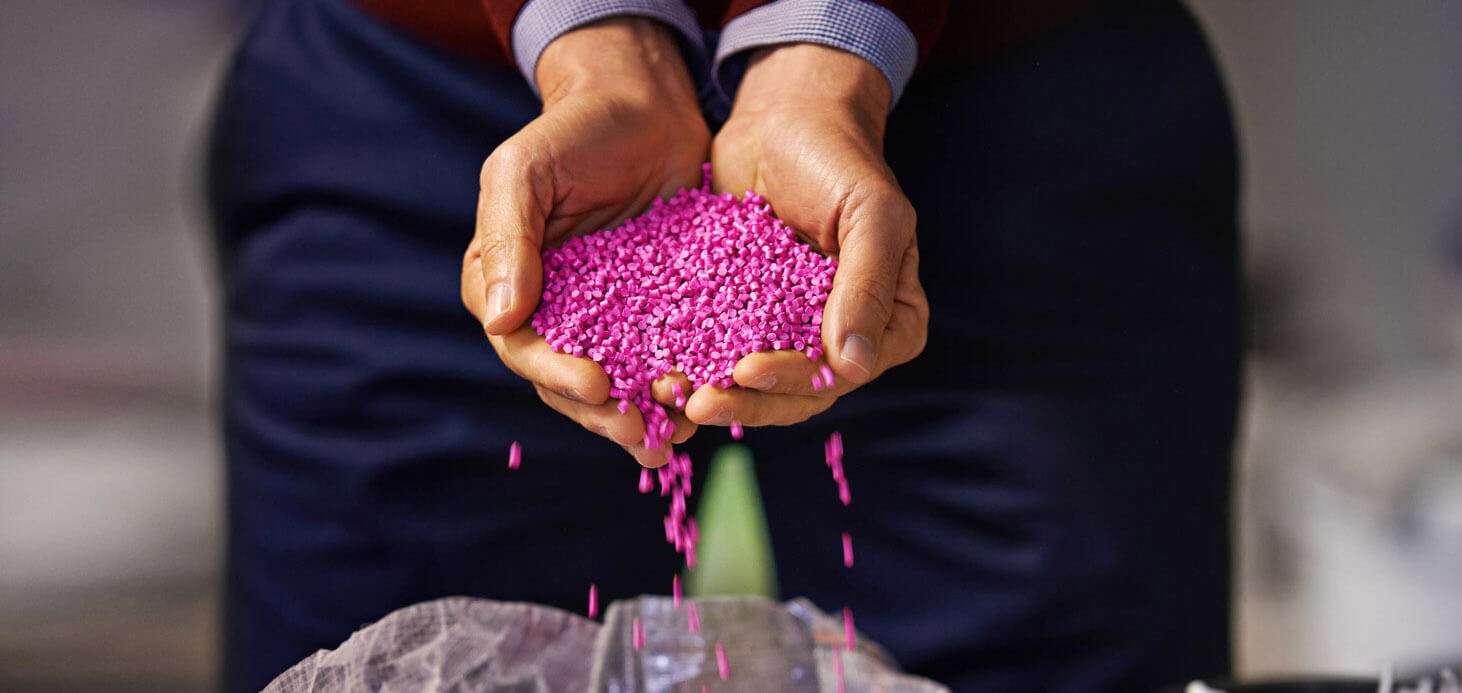Plastic Injection Process: From Pellet to Powder
How are plastic resins made?
- Petroleum is drilled from the earth and transported to an oil refinery for processing.
- The crude oil that is removed from the earth gets refined into petrochemicals such as ethane and propane.
- Ethane and propane are then used to make the hydrocarbons ethylene and propylene in a heating process known as cracking or catalytic cracking. This process breaks down larger molecules into ethylene or propylene or other types of hydrocarbons.
- After the material is cracked, a catalyst is added in a reactor, which creates a powder material called a polymer. This material, which the refineries call “fluff,” is combined with different additives (depending on the type of plastic desired) in a continuous blender.
- The polymer is then put through an extruder, where it is melted and formed.
- Once the extruded material cools it is cut and formed into the plastic pellets you can see in any plastic factory.
The pellets that all started as petroleum are used in injection and blow molding, extrusion, and other plastic manufacturing.
Where are these materials used and is RSP familiar with them?
There are thousands of different types of plastic made using the process described above. If you want to learn more about this process, head over to our Plastic Injection Molding page for more information. Different plastics are needed depending on the environment the finished product will be used in, what it will be exposed to, the desired physical characteristics, and more… For example, a plastic such as polycarbonate (PC), which is known for its strength and consistency, is generally considered a good choice for medical products. RSP is an ISO 13485 certified medical molder for plastics and rubber. Polyamide (Nylon), on the other hand, is often selected for its durability and strength in industries like automotive, sporting equipment and industrial products. Other materials are selected because of the pricing per kilogram. For example, polypropylene (PP) is often selected because of its appealing price point. However, PP isn’t an ideal material if you need the product to meet tight tolerances, as PP has a high degree of variability when it comes to tolerance.
Evaluating and selecting the right material can be daunting to do on your own, but the right contract manufacturer can help. RSP Inc. has years of experience advising customers in a wide variety of industries, including aftermarket automotive, medical devices, consumer products, industrial devices and many more. Here is a list of just some of the materials RSP Inc. has used for molded plastic parts:
- Polycarbonate (PC)
- Polypropylene (PP)
- Polyamide (Nylon)
- Acrylonitrile butadiene styrene (ABS)
- Polyoxymethylene (POM)
- Low-density polyethylene (LDPE)
- High-density polyethylene (HDPE)
- Polyvinyl chloride (PVC)
- Polyethylene terephthalate (PET)
While the process of making different blends of plastic is complicated and may be difficult to understand, know that having a partner like RSP can make your life easier when it comes to selecting the right material for your project. Contact our sales team if you have any questions or if you are looking for advice on material selection.

